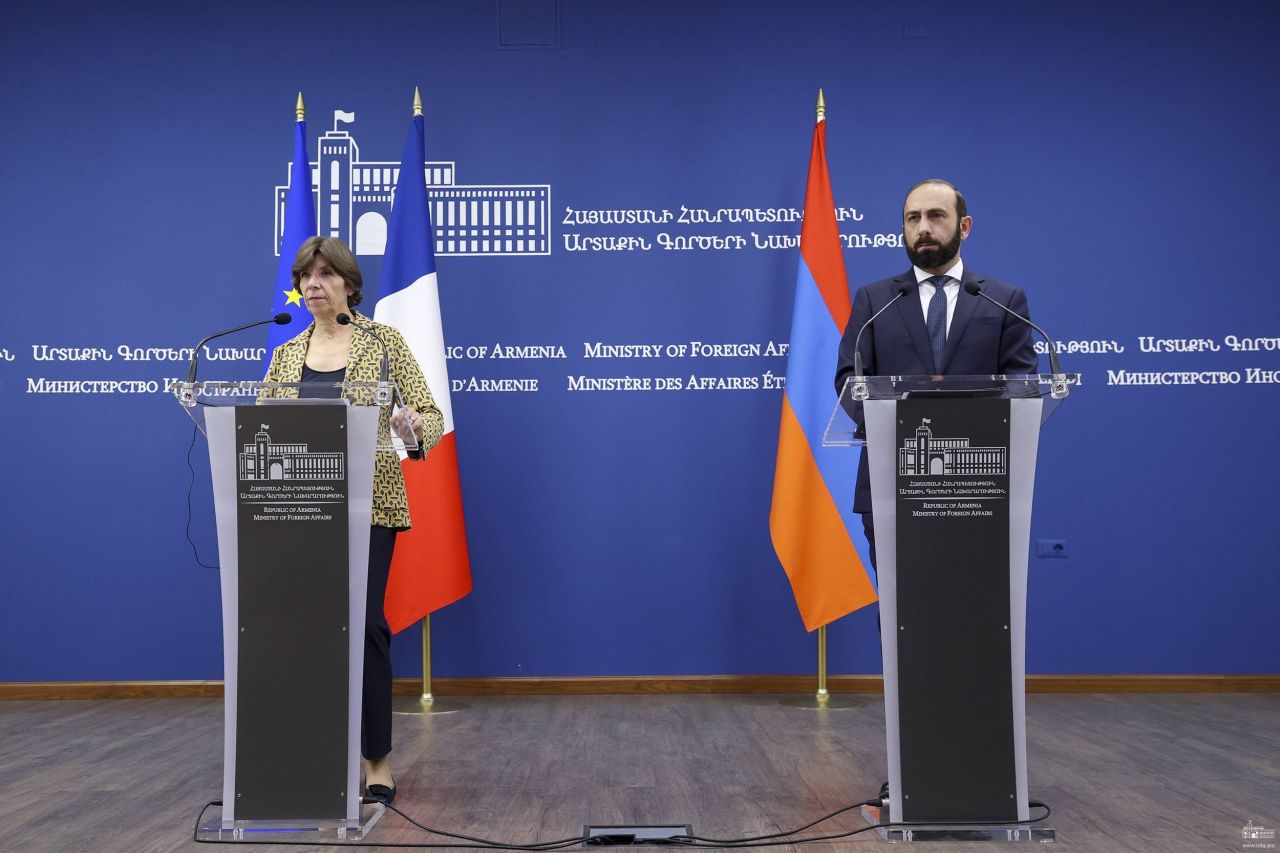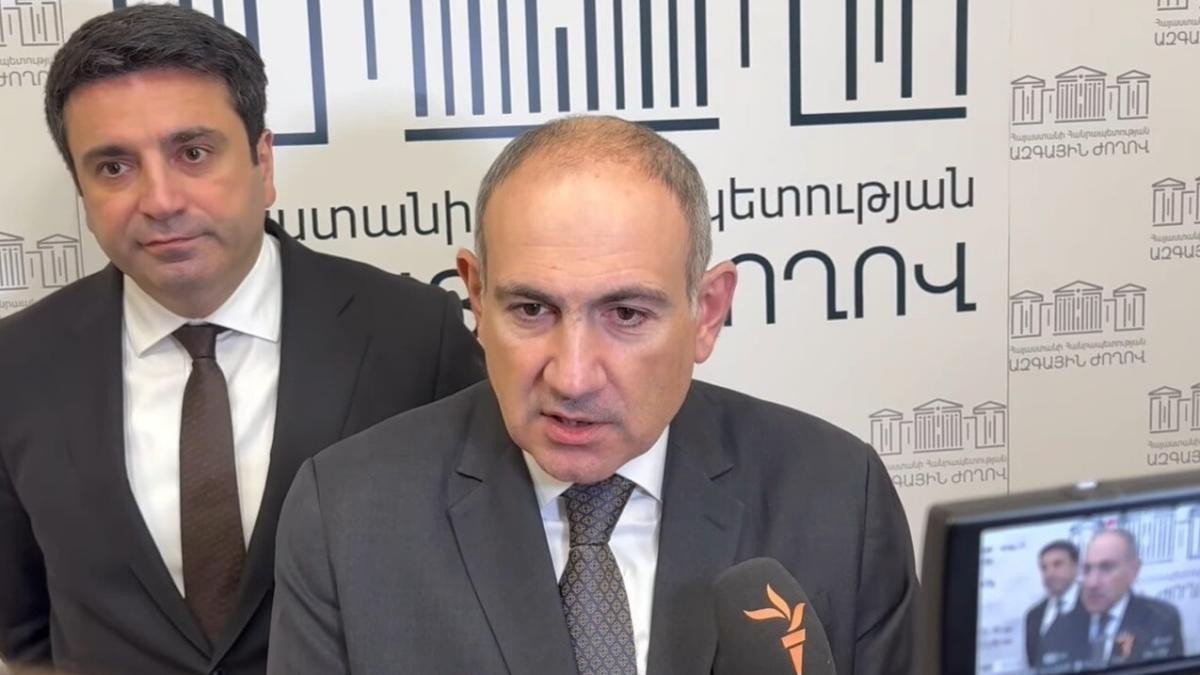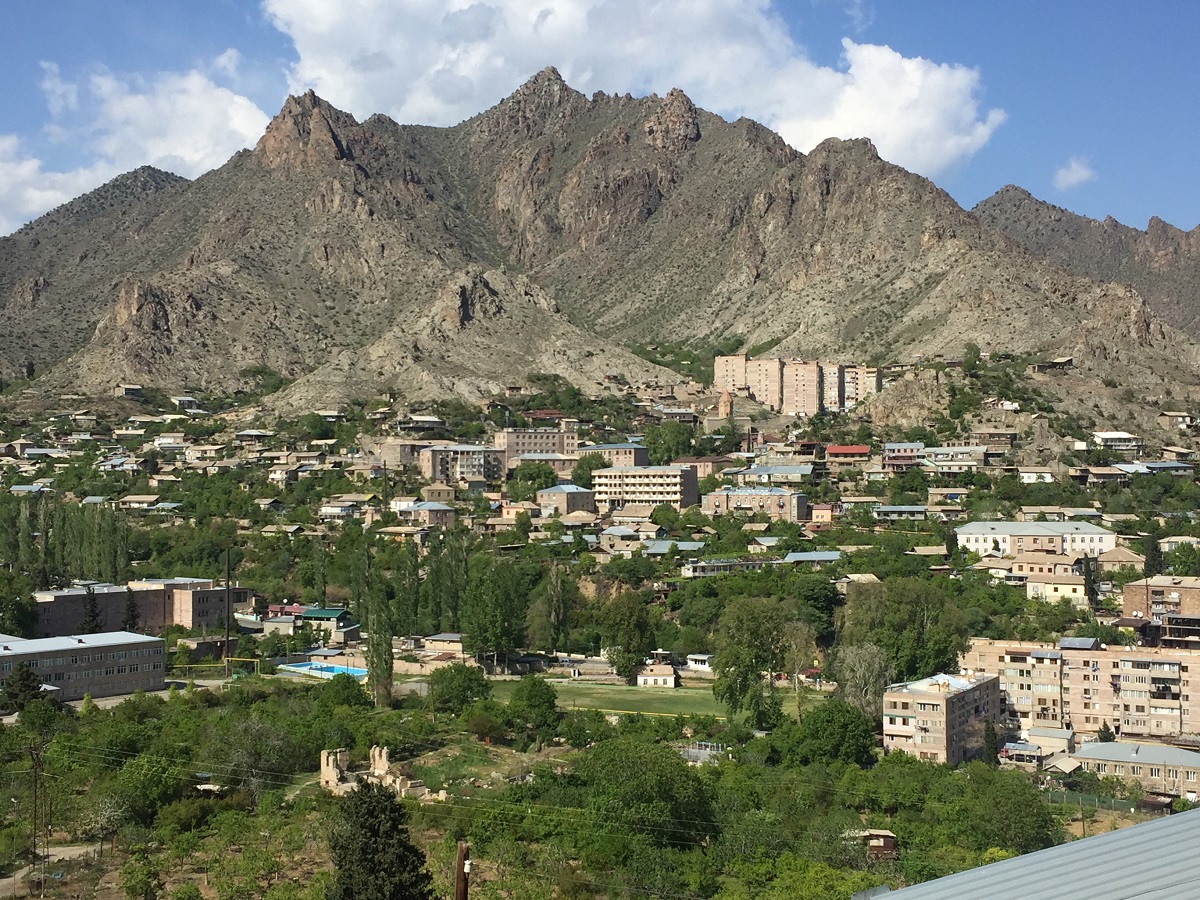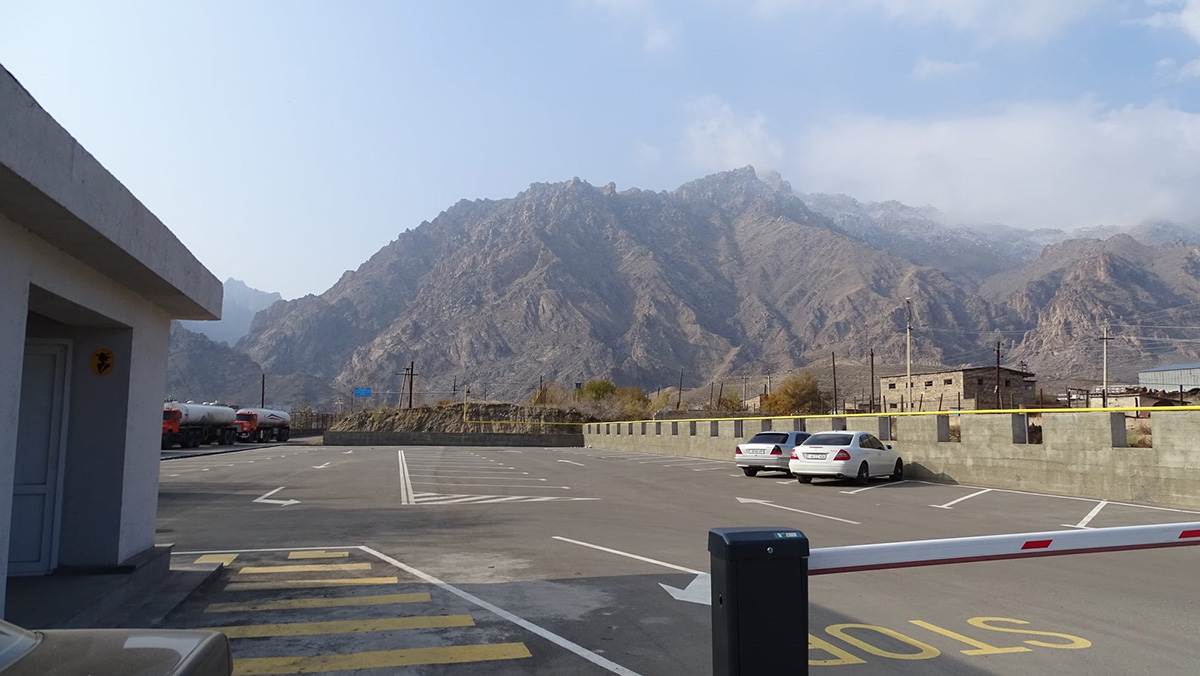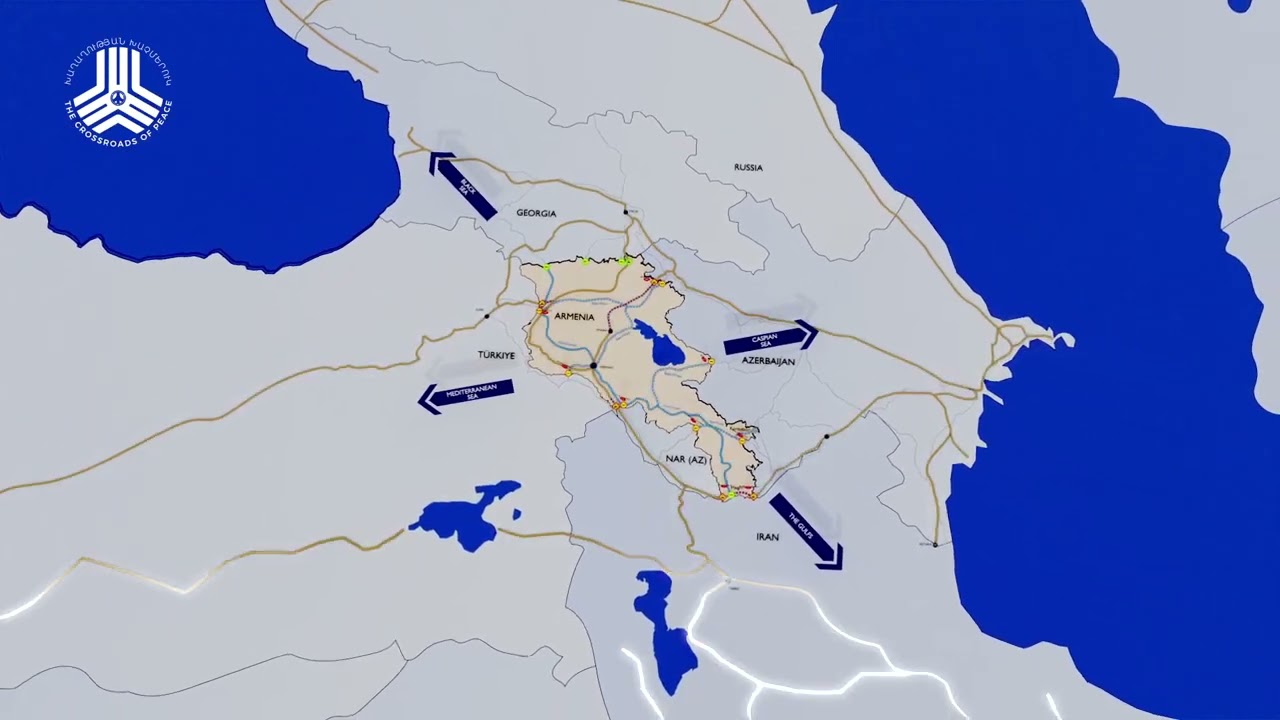French consulate on Armenia’s southern border: Will it deter Baku from escalation?
Honorary French consulate opens in southern Armenia
On 2 June, an office of the Honorary Consul of France opened in the town of Goris in Armenia’s Syunik Province. According to the parliamentary majority, France’s diplomatic presence near the border began to be discussed after Azerbaijan’s incursion into Armenia’s sovereign territory in September 2022.
However, there is no official explanation as to why Paris chose to open an honorary consulate office—rather than a general consulate—which holds a lower diplomatic status. Typically, such offices serve humanitarian and cultural, rather than political, functions.
Nevertheless, it is clear that France has a growing interest in Syunik. The 5th Armenia-France Decentralised Cooperation Forum is also currently taking place in Goris.
“Goris is a city building peace in the region. It has always stood at a crossroads and is focused on peacebuilding. Goris will once again become a crossroads. Our presence here is important,” said France’s ambassador to Armenia, Olivier Decottignies.
Syunik is the region through which Baku is demanding the so-called “Zangezur Corridor”—an extraterritorial route to connect with Nakhichevan. While Yerevan is open to unblocking regional transport links, it firmly rejects granting a “corridor,” as the term implies surrendering control over its own territory. Instead, Armenia proposes its own initiative for regional connectivity—“Crossroads of Peace.” Under this plan, unblocking would take place based on the principles of sovereignty, jurisdiction, reciprocity, and equality among states.
Political analyst Robert Gevondyan views the opening of the honorary consulate in Goris as significant, stressing that Armenia and France share common positions on the unblocking of regional routes. France’s involvement in regional processes, he says, is in Armenia’s national interest.
“Armenia must not isolate the region. On the contrary, it should allow extra-regional powers to participate in the process. If Armenia tries to resolve these issues within the region alone, it will find itself standing against the Russia–Turkey–Azerbaijan alliance,” he argues.
In 2023, Le Figaro, commenting on Paris’s intention to open a consulate in Syunik, reported that France sought to prevent further advancement of Azerbaijani forces into Armenian territory. Then-Foreign Minister Catherine Colonna announced the plan as a sign of support for Yerevan.
- “We are strengthening Armenia’s defence capabilities”: French foreign minister visits Yerevan
- Armenia and France set to deepen military cooperation in 2025
- Opinion: “Armenia needs to sign a trilateral agreement with France and India”
Why Honorary Consulate and not a General Consulate? Debate in Armenia
At the opening ceremony of the French Honorary Consulate office in Goris, the ribbon was cut by France’s Ambassador to Armenia Olivier Decottignies, Goris Mayor Arush Arushanyan, Syunik Governor Robert Ghukasyan, and the new Honorary Consul of France, Carmen Apunts, an ethnic Armenian. Prior to her appointment, she served as director of the Goris Francophonie Centre.
“There aren’t enough French nationals living in Syunik to justify opening a consulate. But this is more than a consulate, because the honorary consulate is a place of engagement. In Goris, in Syunik, Armenians and French people work hand in hand,” said France’s Ambassador to Armenia, Olivier Decottignies.
Meanwhile, Armenia’s Deputy Foreign Minister Vahan Kostanyan emphasised that France had never officially announced plans to open a general consulate in Syunik. According to him, this narrative is being fuelled by “third parties” who are “creating unnecessary hype and raising expectations far beyond reality, only to provoke disappointment later.” Kostanyan did not clarify whom he meant by “third parties.”
“Syunik can become a base for strategic cooperation”
According to Deputy Foreign Minister Vahan Kostanyan, the opening of the consular office reflects a “clear political will” to develop and strengthen the resilience of Armenia’s Syunik Province. He also announced that, based on agreements reached between the Armenian and French governments, French companies will soon take part in implementing a strategically important infrastructure project in the region.
Kostanyan stated that Syunik has the potential to become a hub for strategic cooperation, and that joint infrastructure, transport, and energy initiatives “will serve the interests not only of Armenia but of the entire region.”
He stressed that Armenia’s goal is the creation of a peaceful and secure region:
“Armenia’s aim is to build a region where cooperation prevails over conflict. A region where closed borders become gateways, and interstate relations are based on mutual respect, not threats. In this context, Armenia has proposed the ‘Crossroads of Peace’ initiative, aimed at enhancing connectivity between Armenia and both its immediate and wider neighbours.”
He added that Yerevan highly values France’s support for Armenia’s sovereignty and territorial integrity, and that strengthening Armenia’s defence capabilities and economic resilience is equally important.
Russia also seeks presence in Syunik
The opening of a Russian consulate in Armenia’s Syunik Province has long been a topic of discussion in Armenian-Russian negotiations. In November last year, Russian Foreign Ministry spokesperson Maria Zakharova stated that the matter had been agreed upon with Armenia and that final approval from the Armenian side was expected.
During his visit to Yerevan in May 2025, Russian Foreign Minister Sergey Lavrov said that preparations for opening the consulate were under way. Following his visit, Zakharova commented:
“We don’t need convincing of the urgency of launching this Russian foreign mission. At present, there is no Russian general consulate in the city of Kapan. So for an official explanation as to why, the Armenian side should be consulted.”
However, Armenia’s Security Council Secretary Armen Grigoryan recently clarified:
“There has been no announcement that a Russian consulate will open in Syunik. It has only been stated that the matter is under discussion. And it has been discussed.”
At the same time, Deputy Foreign Minister Vahan Kostanyan noted that there are no obstacles, and the process is progressing:
“When and if it opens, naturally, everyone will be informed.”
Expert opinion
Political analyst Robert Gevondyan believes a step-by-step strategy is being implemented: first, the opening of an honorary consulate, and later—potentially—a full consulate.
“I don’t think the office will be any weaker in terms of potential than a consulate. On the contrary, the very act of opening it is significant. It marks a new chapter in Armenian-French relations,” he said.
In his view, France is seeking to be involved in all processes in the South Caucasus—political, economic, and infrastructural alike.
Gevondyan points to Armenia’s Crossroads of Peace initiative and is convinced that Yerevan and Paris share aligned interests when it comes to unblocking regional transport routes.
JAMnews asked whether France’s presence in Syunik could serve as a deterrent, especially given Baku’s desire for an extraterritorial “Zangezur Corridor.”
“This won’t just play a deterrent role—it will also influence Armenia’s development, progress, and the safeguarding and expansion of national interests. Naturally, all of this would align with France’s interests in the region,” he replied.
He noted that it’s plainly visible that Syunik is a strategic crossroads linking Azerbaijan–Turkey and Iran–Georgia. France, being present in Goris, could offer proposals that involve its participation in the transport of goods and energy resources:
“For instance, if Yerevan and Baku reach an agreement on transporting energy resources, France could propose to take part in the process.”
The analyst added that France already has certain state interests in projects involving the transport of Azerbaijani energy resources—just as many other countries do, from Belgium to Japan. He emphasised that French involvement in energy, infrastructure, and other sectors could bring “larger financial flows,” which would benefit both France and Armenia.
Speaking about the potential opening of a Russian consulate in Syunik, Robert Gevondyan noted that, as far as he is aware, the Armenian authorities have no intention of agreeing to it in the near future:
“In the short term, Armenia’s leadership has no plans to approve the opening of a Russian consulate. But things could change if there are shifts in the geopolitical landscape or changes in the decision-makers’ positions within Armenia.”
Gevondyan stated that Moscow had been informed in advance about the opening of the French consular office in Goris—it was not a surprise for Russia.
“Every day, Russia becomes more convinced that it cannot dictate Armenia’s foreign policy. Lavrov’s condescending statement in Yerevan about Armenia buying weapons from France had no effect. This shows that whether Russia is frustrated or not, it has neither decisive nor any real influence on Armenia’s foreign policy,” he concluded.










